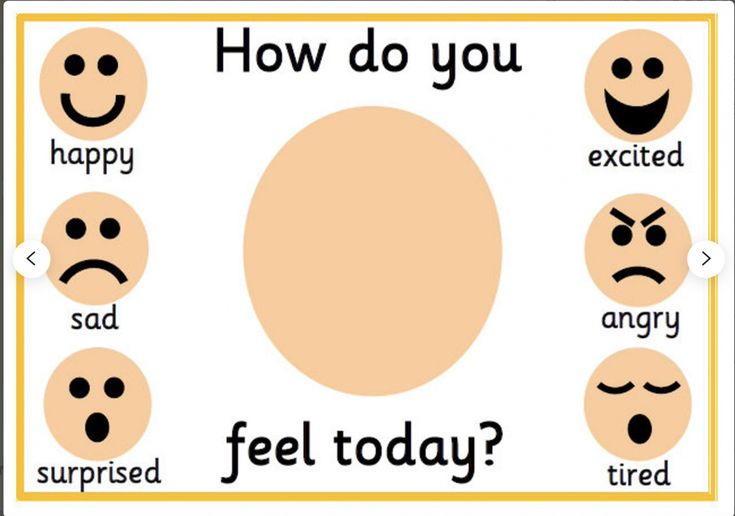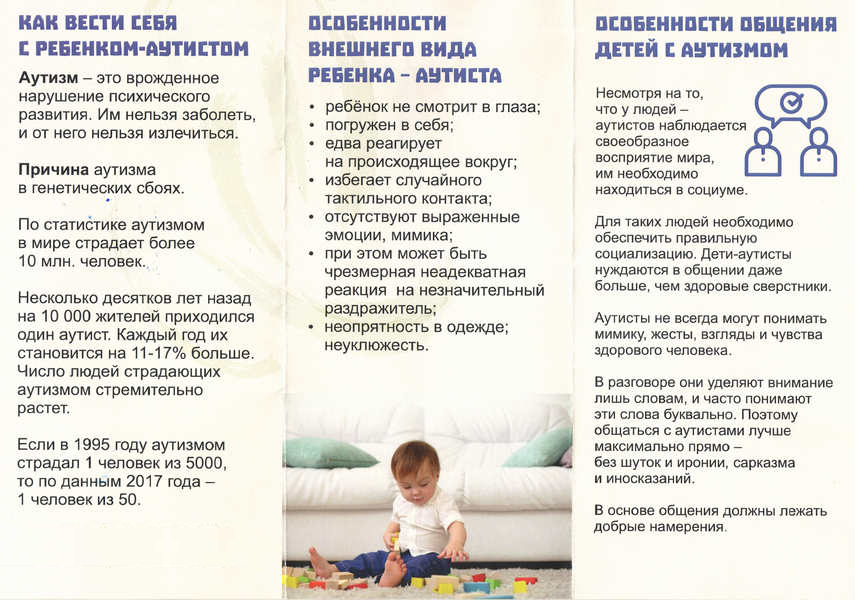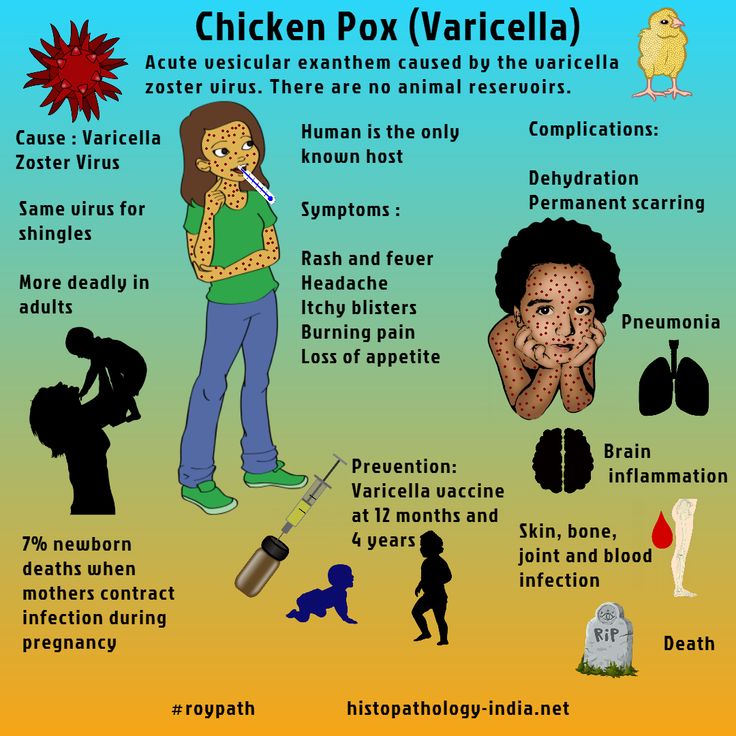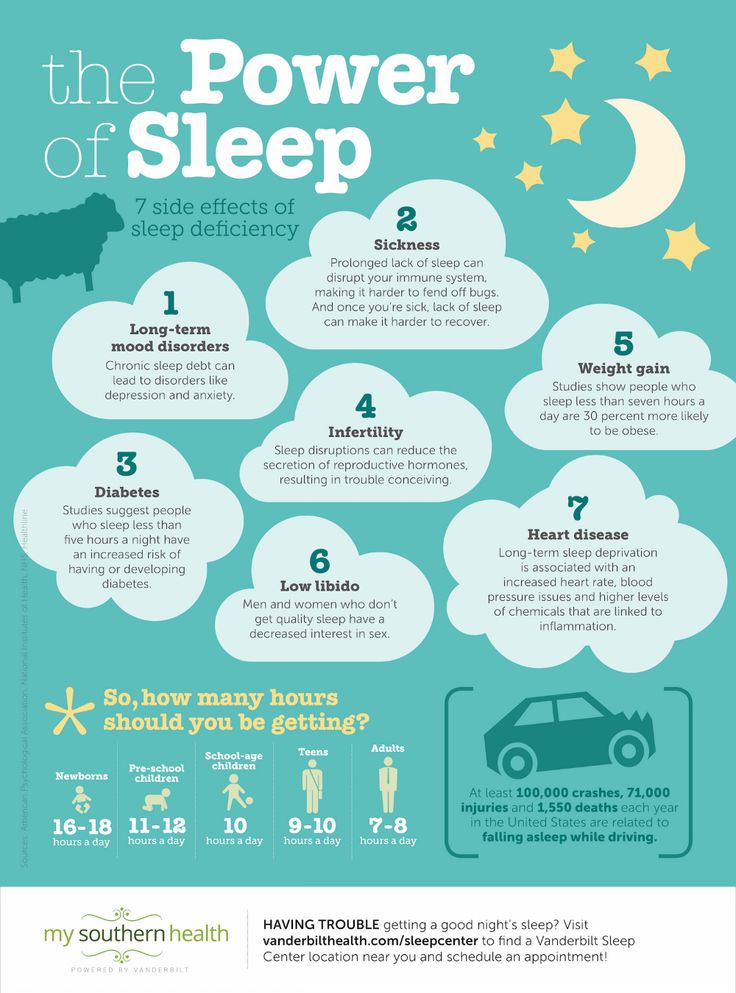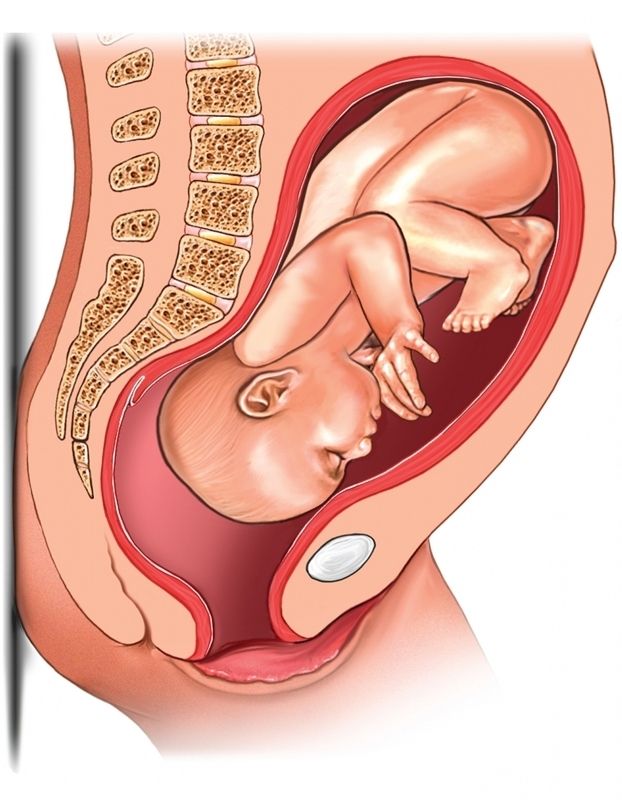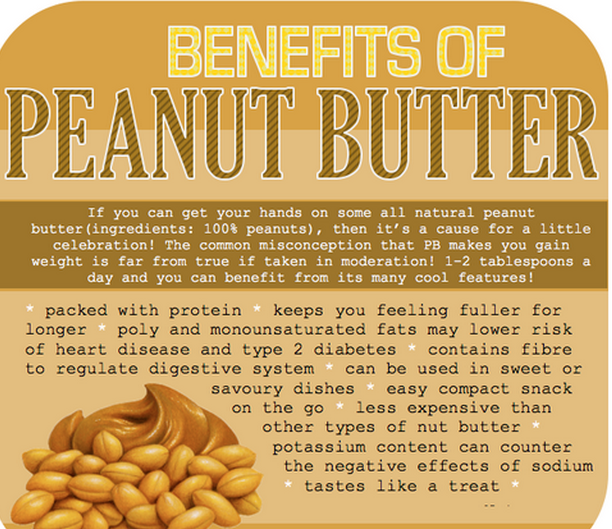How can i drug test my child
Should You Drug Test Your Child?
As a parent searching for answers, you may be considering drug testing with the expectation that it will discourage your child from experimenting with drugs, hopefully preventing a world of hurt down the road. If you suspect your child is already using substances, you may assume that testing will discourage experimental use before it escalates into serious use or addiction. However, many experts recommend against drug testing our kids unless it is done by a medical professional, and only when it is truly warranted.
Drug testing your child: the challenges
What about timing?
Timing is tricky because various drugs react very differently. For example, marijuana leaves the system slowly and may result in positive tests for several days or even a month, depending on the amount and frequency of use. On the other hand, cocaine, heroin and meth generally clear the system very quickly, usually in one to three days.
With that in mind, should you test once a week or more often? On Monday mornings? The day after a party or social event? Random tests provide the element of surprise, but they also present the possibility that your timing will be off and your child will test negative, even if they have used during the past few days.
Is testing an invasion of my kid’s privacy?
The American Academy of Pediatrics advises that testing can be an invasive breach of trust that may damage the relationship between parent and child. If not done correctly, you may be viewed as a police officer rather than a parent, which does little to promote a healthy, trusting relationship. Regaining lost trust with a son or daughter who feels betrayed is never easy.
In general, it’s risky to test your child without a really good reason. A kid who has no intention of experimenting with drugs or alcohol will understandably resent the lack of trust indicated by testing without clear justification.
What type of test is best?
There isn’t a single test that will detect all substances, and a kit from your neighborhood pharmacy might test negative for one drug while totally missing others. No test casts a wide enough net to catch every possible drug.
Most standard urine and saliva kits test for marijuana, cocaine, opiates, amphetamines and PCP, while more sophisticated at-home tests will also detect barbiturates, benzodiazepines, methadone and certain prescription painkillers. Specialized, more expensive tests are necessary if you suspect your child is using LSD, mushrooms or inhalants.
Specialized, more expensive tests are necessary if you suspect your child is using LSD, mushrooms or inhalants.
Are you willing to observe?
It’s almost certain that your teen will resent you watching closely as she fills the bottle, but, if so motivated, many kids know ways of getting around a urine test. For example, bleach or other substances are often used to adulterate drug tests, and purchased or “borrowed” urine is frequently used to escape detection. Kids are aware that a variety of options are available online, at any neighborhood head shop, or even at many all-night convenience stores. Also, claims of “I don’t need to pee right now” or “I can’t go with you watching,” are likely to result in heated arguments between parent and child.
What about other types of tests?
Hair testing sounds like a viable, non-invasive alternative to urine testing, but hair samples won’t detect use in the last week to 10 days and may be skewed by rate of hair growth, hygiene or use of cosmetics, dyes or bleaches. Hair testing generally isn’t an option for occasional or recent drug use, but is generally used for heavy use that has occurred over an extended time. The long window of detection makes hair tests impractical for parents.
Hair testing generally isn’t an option for occasional or recent drug use, but is generally used for heavy use that has occurred over an extended time. The long window of detection makes hair tests impractical for parents.
Similarly, saliva tests are easy and less invasive than urine tests, and many detect drugs before the substances are detectable in urine. The problem is that a savvy young adult may find ways of generating more saliva to dilute the test, and smoking cigarettes may also skew the results. In order for saliva tests to be effective, you’ll need to ensure your child is supervised for 30 minutes prior to sampling.
Why it’s best to leave drug screening to the professionals
Dr. Sharon Levy, Director, Adolescent Substance Use and Addiction Program at Boston Children’s Hospital, recommends against home drug testing. In Dr. Levy’s words, “I am not at all convinced that drug testing is useful as a preventive tool; it is a terrible tool for identifying use (since most teen and young adult drug use is sporadic, which is very unlikely to be picked up by a random test), and it is certainly not a stand-alone treatment for a substance use disorder.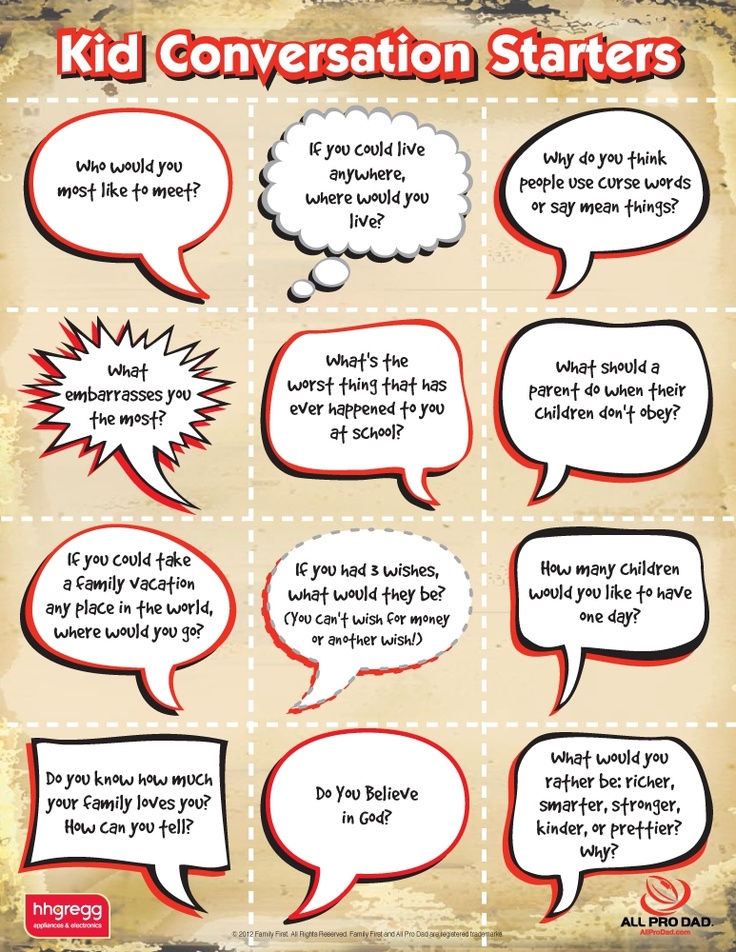 ”
”
Further, some kids will switch using one substance for another in an attempt to avoid a positive drug screen. For example, some teens who enjoy smoking marijuana will switch to a synthetic form like K2 or Spice to beat a marijuana drug screen, often with disastrous outcomes.
“If you suspect your child has a substance use problem or disorder, my suggestion would be to drop the drug kit and to speak with a health professional,” recommends Dr. Levy.
Should You Drug Test Your Teenager?
Studies have found that at least 98 percent of teenagers lie to their parents. Most often, it is because they think they might get in trouble, that their parents would be disappointed, or that they’d be punished and banned from doing something they want to do. According to the same research, among other topics, the average teen will lie about alcohol and drug use.
So, many parents often find themselves faced with the question: Should I drug test my teen? Maybe you have suspicions that your teen is using. Maybe your teen has a history of using drugs in the past. Maybe your teen is in recovery, and you want to ensure his or her sobriety is maintained. No matter the case, you have a right to be concerned. As a parent, you want to ensure your child stays on the best possible path. The question is, does this involve drug testing your teenager? Is that right for parents to do?
Maybe your teen has a history of using drugs in the past. Maybe your teen is in recovery, and you want to ensure his or her sobriety is maintained. No matter the case, you have a right to be concerned. As a parent, you want to ensure your child stays on the best possible path. The question is, does this involve drug testing your teenager? Is that right for parents to do?
Adolescence is a time for changing. Hormones, social circles, identity conflicts. This is just a part of the development process. But during all this change, parents might find it hard to get through to their teens. Having a dinner conversation is one thing (amidst cellphones and social media), but establishing an open and trusting relationship with your teen can be a whole different ballgame. So, while drug testing a child makes sense for some parents, know that it can affect the level of trust between you and your teen.
So, Should You Drug Test Your Teen?
The American Academy of Pediatrics, in general, advises against drug testing teenagers. The reason for this is because it can be invasive, harming the parent-child relationship and creating “an environment of resentment, distrust, and suspicion.” This is especially true if your child does not have a history of using drugs, or you cannot sufficiently justify the reason for doing so. Many teens do not have intentions of using drugs or drinking. If this is your child, he or she may resent the lack of trust you have in them.
The reason for this is because it can be invasive, harming the parent-child relationship and creating “an environment of resentment, distrust, and suspicion.” This is especially true if your child does not have a history of using drugs, or you cannot sufficiently justify the reason for doing so. Many teens do not have intentions of using drugs or drinking. If this is your child, he or she may resent the lack of trust you have in them.
If you wish to establish a healthy and trusting relationship with your teen, and you are only suspicious of drug use, try out other methods to open up the conversation first. Try a calm intervention. Let your teen know that you are there to listen. Ask your teen specific questions, without being accusatory. Ask your teen why he’s been out late, who she’s been hanging out with, where he has been, what is going on in her life. Ask your teen if he or she has drank, or used drugs, or what high school parties really entail. Be understanding. During these conversations, try not to be harsh, judgmental, or reactive.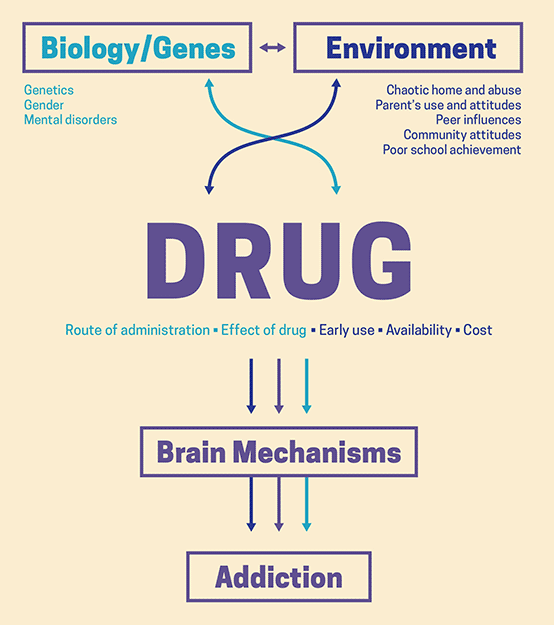 The best thing you can do for your teen is to remain calm, so that your child will more readily open up about his or her activities and whereabouts. You can read more tips here.
The best thing you can do for your teen is to remain calm, so that your child will more readily open up about his or her activities and whereabouts. You can read more tips here.
Of course, this rule does not apply to everyone. If your teen has a history of drug use, and a history of lying to you about it, a conversation might not be enough. In this case, it is important to involve a clinical professional, such as your physician or an addiction specialist. Know the tell-tale signs of teen drug use, but do not go buy a drug test without consulting with an expert first. As Dr. Sharon Levy, Director of the Adolescent Substance Use and Addiction Program at Boston Children’s Hospital, suggests, drug testing is “not a stand-alone treatment for a substance use disorder.”
Teenagers who have been drug tested before may also have workarounds that parents should know about. If you have been drug testing your teen, he or she may try to switch substances to avoid a positive drug screen. For example, your teen may have tested positive for marijuana in the past.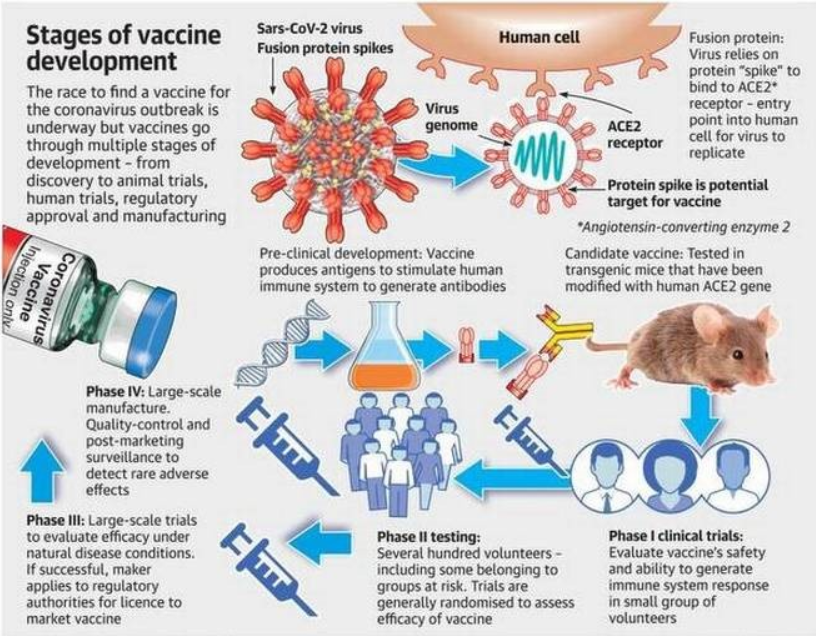 However, if he or she switches to a synthetic version, like K2 or Spice, it may not show on the typical drug test.
However, if he or she switches to a synthetic version, like K2 or Spice, it may not show on the typical drug test.
The General Rule of Thumb on Drug Testing Teens
As a parent – and especially a worried one – it can be very tempting to drug test your teen. After all, drug testing kits are readily available on store shelves, and are relatively inexpensive and easy to use.
If you are looking into drug testing as a preventive tool, or just slightly suspicious, however, you should consider alternatives. Not only could you end up losing your teen’s trust, you may also make your teen more likely to hide things or lie to you. Not to mention, drug tests are not always reliable for identifying teen drug use. This is because most teen drug use is sporadic. Teenagers often experiment with drugs “once in a while” – not every day – which may not show up on the average drug test.
If you are looking to drug test your teen with a history of drug abuse and addiction, or if you suspect your teen is using drugs very regularly, then a drug test may be warranted.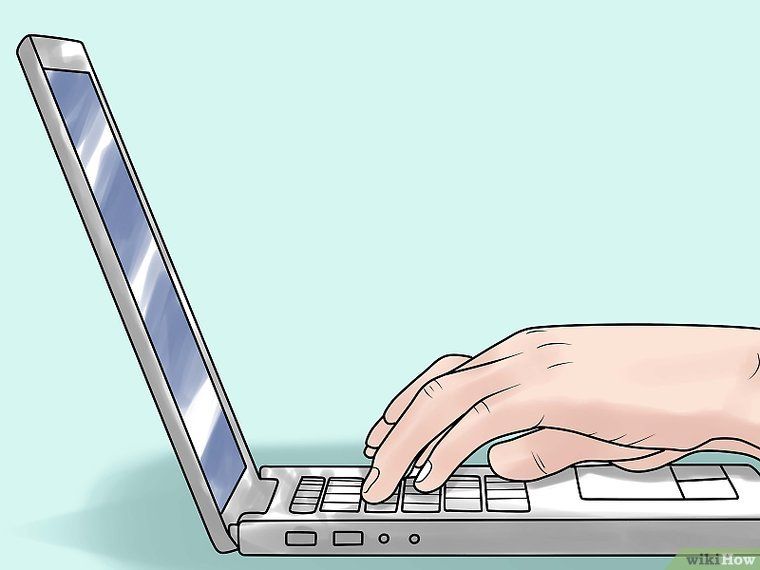 Remember, the best way to do this is through a clinical professional. Talk to your child’s doctor or counselor about your options. Many physicians’ offices and addiction specialists will offer drug testing for teenagers with a history of drug abuse, or whose parents have concerns about a substance use disorder.
Remember, the best way to do this is through a clinical professional. Talk to your child’s doctor or counselor about your options. Many physicians’ offices and addiction specialists will offer drug testing for teenagers with a history of drug abuse, or whose parents have concerns about a substance use disorder.
However, it’s important to only do this when justified. Again, teenagers are in a delicate phase of life. With all the changes happening within and outside them, they need a constant. That constant – that consistent source of love and support – is you.
If you are concerned about your teen’s drug use, and would like to consult a professional, please do not hesitate to call Turnbridge at 877-581-1793. Turnbridge is a dual diagnosis treatment center specializing in teen and young adult drug use. We are here for you.
How to find out if a child uses alcohol and drugs
Adolescents who use alcohol, drugs
- Increasing secrecy characteristic,
- Deterioration in school performance: lack of interest and incentive to study, absenteeism,
- Deterioration of the appearance of a teenager: hair, clothes, shoes, personal items look untidy, dirty,
- Changing relationships with peers.
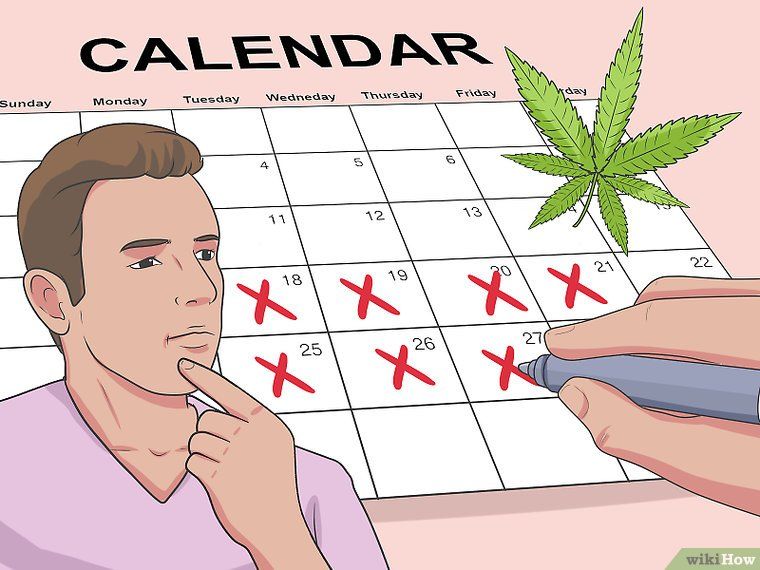 The appearance of new, suspicious friends, which can greatly affect whether a child will take alcohol, drugs or not.
The appearance of new, suspicious friends, which can greatly affect whether a child will take alcohol, drugs or not. - Change in behavior towards loved ones, such as aggressiveness or unwillingness to communicate.
If you think your child has used alcohol or other drugs more than once:
- Ask about it. Find out what substances he used and what he experienced while doing it, whether he liked it. Listen carefully to the teenager's story, namely, whether he liked using it and why. The closeness of your relationship will affect the frankness of the child. Ask about peers who gave him drugs and those who used them with him.
- Talk about your concerns, not just about drug abuse, but about other important issues such as school performance
- Remind them of the norms of behavior in the family, whether it is accepted in the family to use these substances and the consequences if the teenager does not adhere to family values.
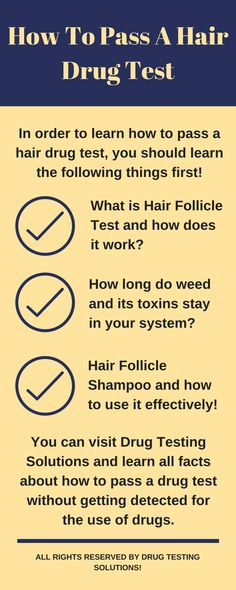 If you do not want your child to use any kind of drugs, including smoking and alcohol, tell him directly about it.
If you do not want your child to use any kind of drugs, including smoking and alcohol, tell him directly about it. - Ask your child to stop using alcohol or drugs, especially if there is a history of addiction in the family. If the child stops now, he may avoid negative consequences.
- Maintain an outreach policy. It is very important to give your teenager information about the influences and consequences of alcohol, toxic substances, smoking and drugs.
Do not lose control of the situation!
The child may have problems at school or at home, difficulties in communicating with others and with the law as a result of taking drugs. If you suspect your teen is continuing to use alcohol or substance abuse, take action. This is much more serious than you think and requires immediate attention. Frequent or constant use of narcotic substances leads to physical and psychological dependence or already to the presence of such.
To help a teenager:
- Make inquiries. See if there is evidence that the child is taking toxic substances. Review the information on how to find out if a teenager is taking drugs again. If you are inclined to believe that the child uses a certain type of drug, collect all the necessary information about him.
- Choose the right moment, namely, when the child has not yet had time to take the next dose. It makes no sense to talk with someone who is in a state of alcoholic or drug intoxication.
- Ask directly. Find out what drugs your child takes, how often and where they take it. As a rule, teenagers are silent about this.
- Assess the situation. Take your child to a drug specialist. Ask the doctor to examine your child. Early intervention will facilitate the eventual withdrawal of drug use.
- Call for help. Attend a support group for relatives of alcoholics and drug addicts. There are special courses for parents where the consequences of alcohol and drug addiction are discussed.
 The use of toxic substances is a family problem, since all family members feel the negative effects. Relatives of such teenagers should change their attitude towards them.
The use of toxic substances is a family problem, since all family members feel the negative effects. Relatives of such teenagers should change their attitude towards them.
Narcological assistance in Grodno:
ME GOCC "Psychiatry - Narcology":
- narcology registry - 8 (0152) 75-67-54;
- adolescent narcologist - 8 (0152) 75-69-44.
Helpline Grodno - 170
Republican "Helpline" for narcological patients - 8 801 100-21-21
Drug testing
A simple drug test will quickly and with high accuracy confirm or deny the fact of their use in any form. Therefore, even with the slightest suspicion or doubt, it is better to immediately establish the truth.
In our laboratories, this analysis, like any other, can be passed anonymously.
Biological material can:
- collect parents who suspect their child of smoking marijuana;
- bring spouses to the laboratory who have reason to believe that the other half is taking amphetamines;
- personally provide patients who wish to receive objective information about their physiological state.
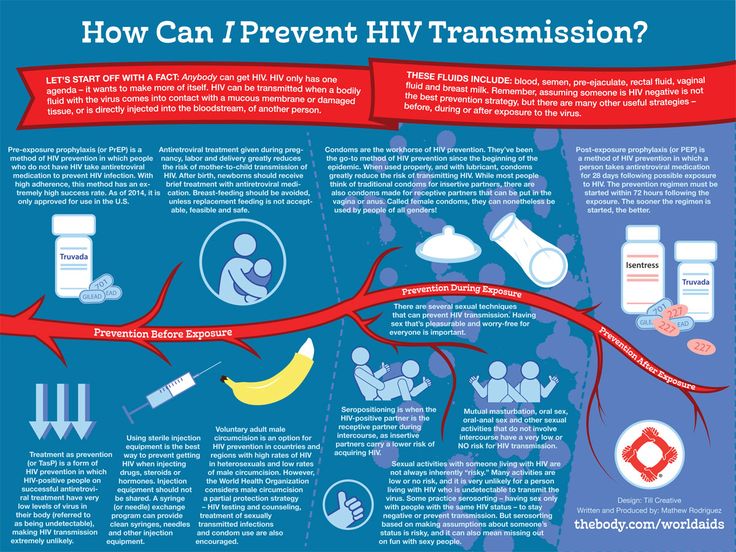 Indeed, for some professions, a drug test is prescribed by law, and people who have arrived from foreign resorts sometimes do not even suspect that the smoking or hookah mixture contained psychotropic ingredients.
Indeed, for some professions, a drug test is prescribed by law, and people who have arrived from foreign resorts sometimes do not even suspect that the smoking or hookah mixture contained psychotropic ingredients.
Assay Description
Laboratory analysis for drugs involves the use of several research methodologies: from immunochromatographic tests and screenings based on the detection of antibodies to certain drugs to chemical multi-studies, involving the determination of traces of several substances at once. This allows you to carry out at a high quality level:
- Pre-screening. Confirms the presence or absence of drugs.
- Confirmatory extended study. Performed after a positive test has been obtained and allows the concentration of substances to be determined.
- Control analysis. It is used in disputable situations, for example, when taking medicines of a certain group or in cases where it is problematic to select pure biological material.
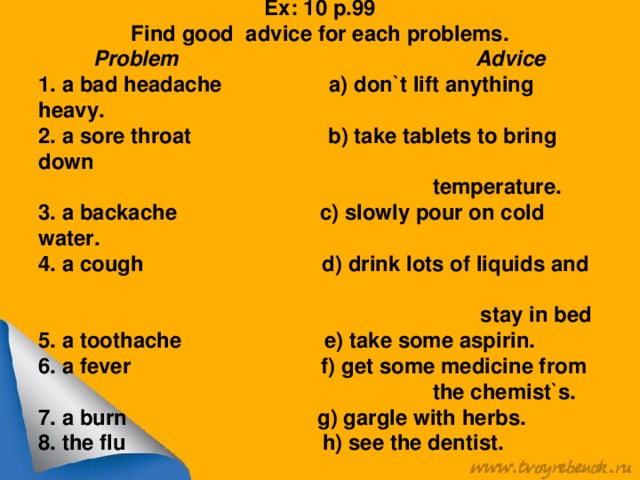
Types of test material
Modern methods for the determination of narcotic substances are rapidly developing. But many of them are either scientifically untenable or very expensive. The SZTSDM uses the most effective and affordable methods for the population. Therefore, our laboratories accept for analysis:
- Blood. Provides the ability to detect traces of drugs, even if they were used a month before the screening. Assumes a standard and extended version of the study. The chemical method allows you to confirm the fact of drug intoxication and establish CNF, and the analysis based on the detection of antibodies is used as a qualitative test and confirms repeated use;
- Saliva. Keeps narcotic traces at the threshold concentration for up to 2 days. Gives only preliminary results. Samples taken can be stored at temperatures below +3˚C for several days, which simplifies analysis by third parties;
- Urine. May be collected at any time of the day and 2 to 4 hours before submission to the laboratory.
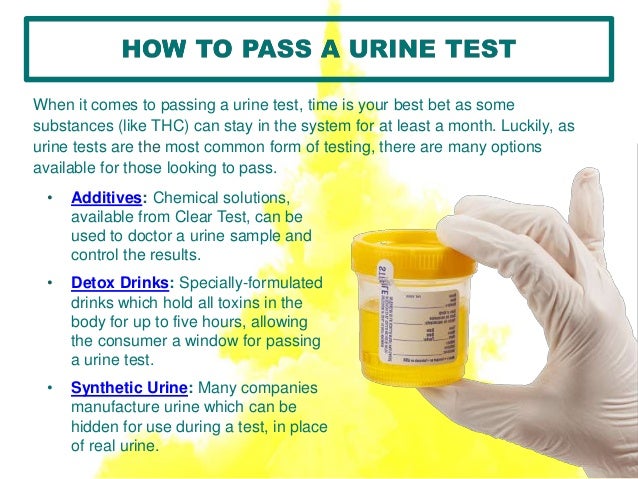 As biological material provides a four-day drug detection period. The standard and extended test may involve the identification of 3, 5 and 10 types of substances. The ICG method makes it possible to determine the traces of 14 types of drugs. Does not show the exact number of drugs used.
As biological material provides a four-day drug detection period. The standard and extended test may involve the identification of 3, 5 and 10 types of substances. The ICG method makes it possible to determine the traces of 14 types of drugs. Does not show the exact number of drugs used.
Types of detected substances
Unfortunately, in addition to organic substances, artificially synthesized drugs are also common today. In the conditions of the Northwestern Center for Evidence-Based Medicine, tests are carried out to identify the following substances:
- Opiates. An extensive group of powerful semi-synthetic drugs, including heroin, hydrocodone, codeine, morphine, oxycodone and other drugs. They are quickly absorbed and give a stable, almost irresistible attachment. They have a strong hallucinogenic property and can cause irreversible processes in the cerebral cortex Diagnosed from 48 to 72 hours.
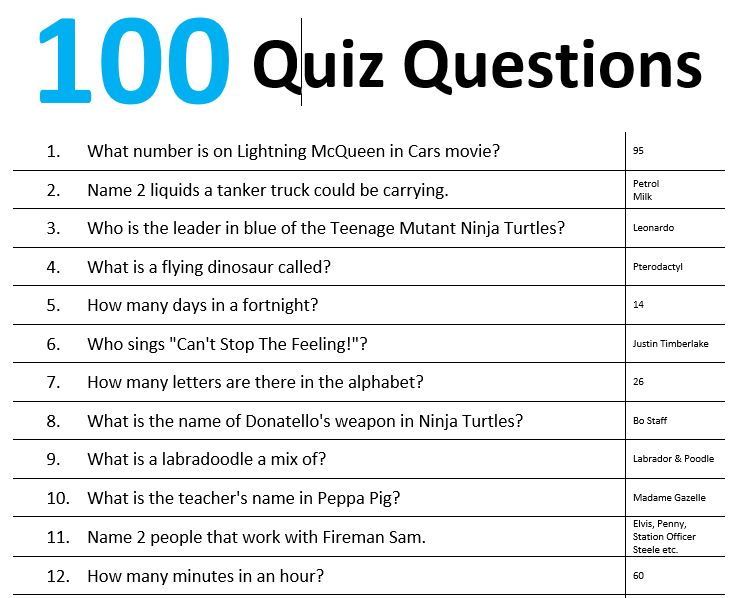
- Amphetamines and methamphetamines. Artificially synthesized powerful stimulants of the nervous system, also used as medicinal anorexigenic and antihypertensive drugs. They can be used not only invasively, but also as tablets and powder preparations, due to which they have become widespread in nightclubs and discos. With uncontrolled use, in addition to addiction, they cause disturbances in the work of the cardiovascular system and the destruction of nerve endings. Determined up to 48 hours.
- Cocaine . Alkaloid and the strongest stimulant of the nervous system, synthesized from plants of the genus Erythroxylum. It causes euphoria, which is sharply replaced by the subsequent oppressed and depressive state. Cocaine psychic addiction is very difficult to cope with. As a rule, it is determined within the first 8 hours, but its metabolides are also detected on the 4th day.
- Marijuana. An organic cannabinoid with a psychotropic effect.
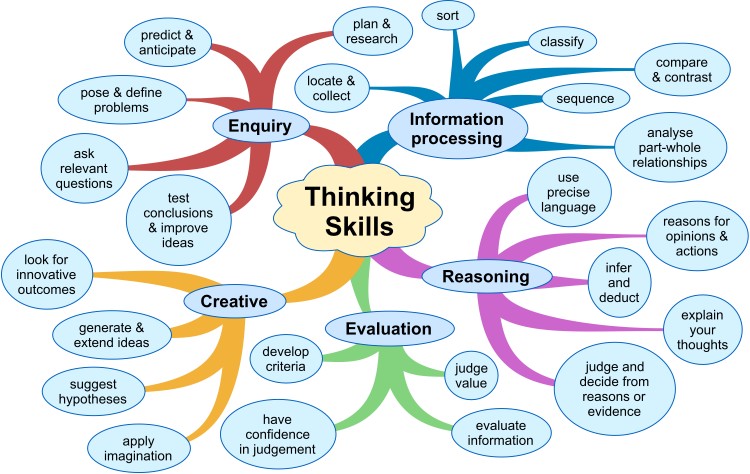 Due to its plant origin, it is considered by the inhabitants to be a “light” drug, but with frequent use it causes a strong attachment, which further motivates them to take stronger drugs. Depending on the intensity of use, it can be determined from 5 ÷ 8 days and even after 2 ÷ 4 weeks.
Due to its plant origin, it is considered by the inhabitants to be a “light” drug, but with frequent use it causes a strong attachment, which further motivates them to take stronger drugs. Depending on the intensity of use, it can be determined from 5 ÷ 8 days and even after 2 ÷ 4 weeks.
Interpretation of result
If the analytical evaluation of the study is declared as negative, this means that the presence of traces of narcotic substances was not detected or their concentration is minimal and below the control level. A positive result indicates that the concentration of illicit drugs and drugs is higher than normal and confirms the fact of use. Substance test results are for personal or clinical review only. They do not have the power of official expertise and are legally considered preliminary, therefore they cannot be used by law enforcement agencies or serve as forensic evidence.
Anonymity of analysis as a priority
Taking into account the current legislation of the Russian Federation, JSC "SZTsDM" offers its clients to take tests for narcotic substances anonymously.
